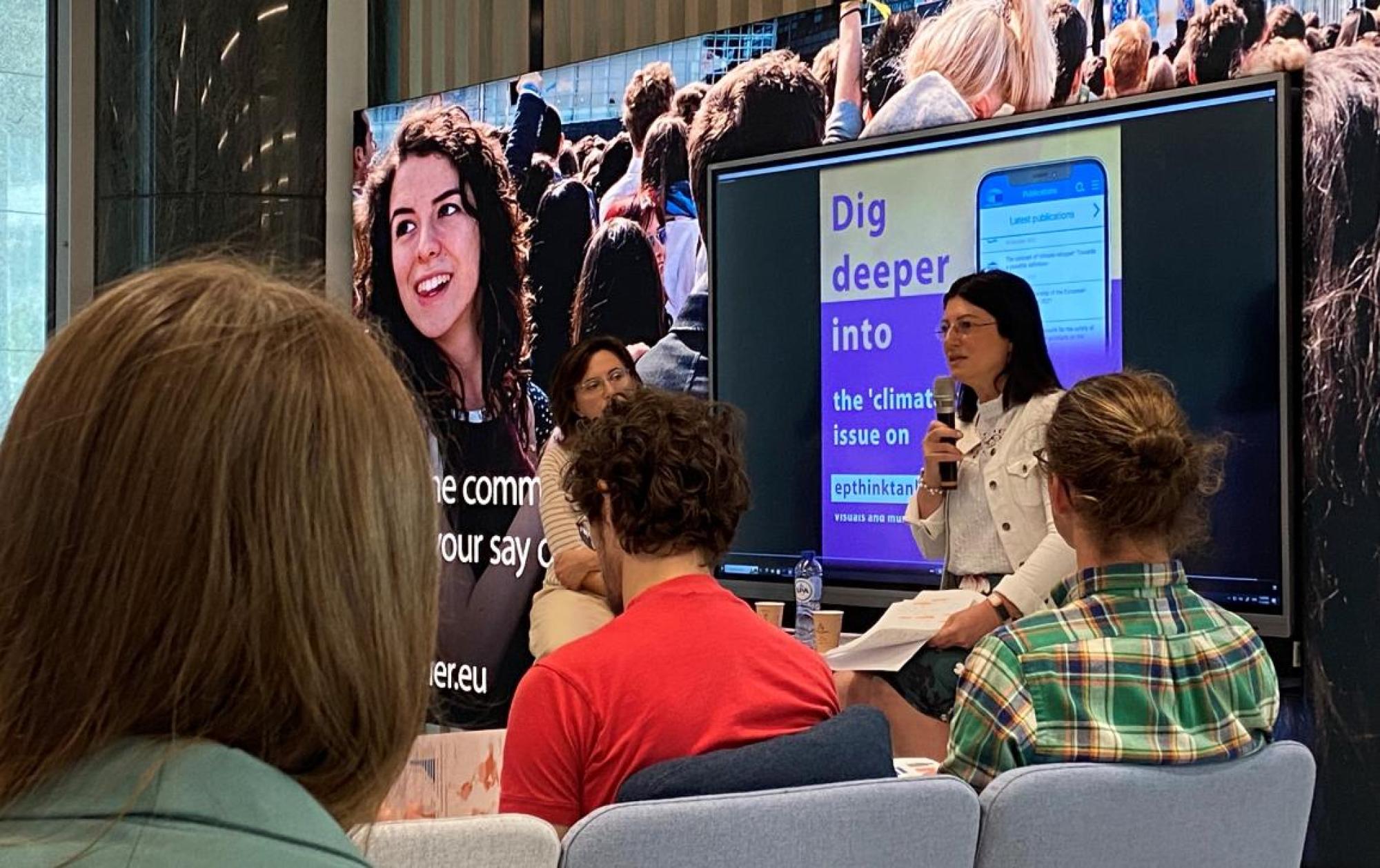What the EU is doing about food security and food sustainability?
The European Parliamentary Research Service explored EU food security and sustainability with policy experts Antonio Albaladejo Roman and Vasileios Maragas

In the wake of growing global uncertainties, including climate events and trade disputes, the European Parliament has focused its attention on advancing actions that bolster food security and sustainability within the European food system.
In March 2022, the European Parliament adopted a resolution centered on 'The need for an urgent EU action plan to ensure food security inside and outside the EU in light of the Russian invasion of Ukraine' (the full text is available here). This report underscores various aspects influencing the EU's food dependency and proposes recommendations to mitigate risks and enhance autonomy. Building on these discussions, in April 2024, the European Parliamentary Research Service (EPRS) organized a workshop titled 'What the EU is doing about food security and food sustainability?' as part of its ongoing Policy Talks series, aimed at providing insights on areas crucial to the lives of European citizens.
On April 11th, 2024, Policy Officers Antonio Albaladejo Roman and Vasileios Margaras provided a clear descriptions of this unprecedented global food crisis and its specific implications for the European food system. Firstly, it is essential to clarify the defintion of food security which entails ensuring the accessibility to availbale, nutritious and affordable food. Moreover, in the long-run, food security will be dependent also on the ability of European agri-food systems to incroporate sustainable practices, capable of adapting to the risks associated with climate change. While the European Union primary concern is not food availability due to the Common Agricultural Policy, food affordability has become increasingly challenging for many European consumers. Several factors contribute to heightened production costs for European farmers, leading to rising prices for consumers. The COVID-19 pandemic, geopolitical tensions with Russia, and the impacts of climate change are among the key drivers in soaring prices for essential production resources such as fertilizers, energy, and animal feed, with Ukraine playing a significant role as a supplier to Europe. The resulting surge in prices has translated into an impressive 15% increase in food costs within a single year (2023), impacting the livelihoods of 9 out of 10 Europeans. In response, Member States and the European Commission have initiated measures to support farmers, including a substantial 500 million euro package to alleviate the burden of heightened production costs. Additionally, proposals are underway to mitigate the impact on consumers by considering reductions in taxes on food items.
While European food is renowned for its high quality standards, food security remains a pressing concern, necessitating comprehensive efforts to address vulnerabilities within the European food system. The Policy Officers underscored the necessity to address climate change with coordinated actions in order to safeguard future access to food. Among the others, they proposed to focus on providing consumers with several sustainable options, address issues like food waste, and tackling deficiencies such as reliance on external sources for fertilizers and animal feeds. Efforts are already underway both within Member States, with 20 out of 27 taking internal actions to bolster the production of vegetable proteins and at the European level. Food security remains a pressing challenge gloablly and at the EU level, but the European Union is keen in devoting resources to effectevely tackle this challenge.
Furhter information on 'Food security in 2023: EU response to an evolving crisis' https://epthinktank.eu/2023/03/02/food-security-in-2023-eu-response-to-an-evolving-crisis/#:~:text=Following%20the%20EU%20leaders'%20March,agricultural%20products%20to%20global%20markets
